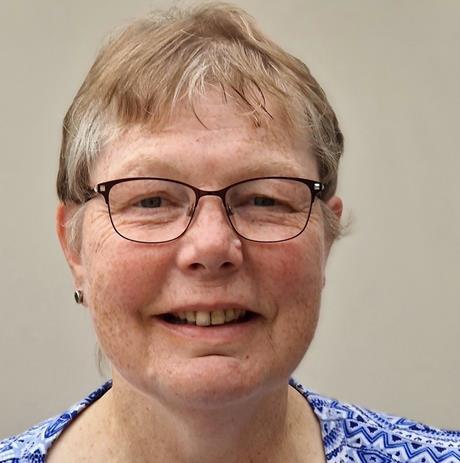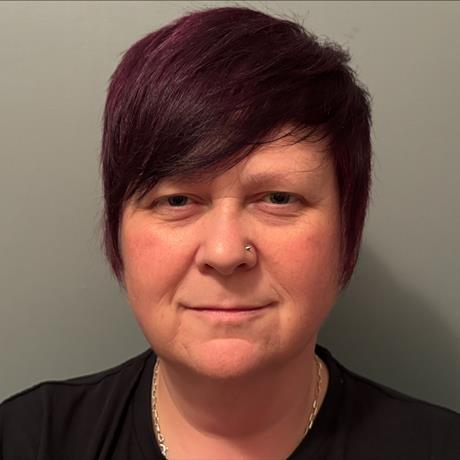- Home
- I am a …
- Resources
- Collections
- Remote teaching support
- Starters for ten
- Screen experiments
- Assessment for learning
- Microscale chemistry
- Faces of chemistry
- Classic chemistry experiments
- Nuffield practical collection
- Anecdotes for chemistry teachers
- Literacy in science teaching
- More …
- Climate change and sustainability
- Alchemy
- On this day in chemistry
- Global experiments
- PhET interactive simulations
- Chemistry vignettes
- Context and problem based learning
- Journal of the month
- Chemistry and art
- Classic chemistry demonstrations
- In search of solutions
- In search of more solutions
- Creative problem-solving in chemistry
- Solar spark
- Chemistry for non-specialists
- Health and safety in higher education
- Analytical chemistry introductions
- Exhibition chemistry
- Introductory maths for higher education
- Commercial skills for chemists
- Kitchen chemistry
- Journals how to guides
- Chemistry in health
- Chemistry in sport
- Chemistry in your cupboard
- Chocolate chemistry
- Adnoddau addysgu cemeg Cymraeg
- The chemistry of fireworks
- Festive chemistry
- Collections
- Education in Chemistry
- Teach Chemistry
- Events
- Teacher PD
- Enrichment
- Our work
- More navigation items
Effective pedagogy
Explore the principles and practices that make chemistry teaching effective
For successful learning in chemistry, teachers must be equipped with good subject knowledge and purposeful teaching methods. In this course, you will delve into the core principles of effective pedagogy in the chemistry classroom, gaining new insights and skills to refine your practice and improve your learners’ outcomes.
This course is now available in the UK, EU and other selected countries. If you’re a teacher in the UK or Ireland, make sure you’ve claimed your fully funded Teach Chemistry membership: benefits include discounts to our professional development courses.
At a glance
- Format: self-led online learning
- Cost: £225 + VAT
- Total length: 8–12 hours
- Available in: UK, EU and other selected countries

Course objectives
The course will help you to develop:
- an understanding of the impact of cognitive science on teaching and learning
- knowledge of the teaching approaches often used in the chemistry classroom
- strategies to help students improve their literacy and numeracy skills in chemistry
- ways of adapting your teaching to students with a range of learning profiles
- methods to improve students’ practical skills and competencies.
Course modules
Cognitive science
Explore how cognitive science research findings can be used to enhance learning and inform your teaching strategies.
Teaching approaches
Review and analyse a selection of teaching approaches which are commonly used in the chemistry classroom.
Literacy
Delve into the impact of literacy on chemistry and discover strategies to improve your students’ reading, writing and speaking skills.
Numeracy
Explore key numeracy issues that students face and strategies to improve maths skills in the chemistry classroom.
Lesson planning
Examine the key elements of planning and different approaches to enhance your lessons and plans.
Purposeful practical work
Review how practical tasks fit into the curriculum and how to develop your students’ practical skills and competencies.
Adaptive teaching
Explore the principles and practice of adaptive teaching, ways to extend your own adaptive teaching and the benefits for your students.
Checking for understanding
Delve into the different ways of checking for understanding, including questioning, giving effective feedback and encouraging reflection.
Ready to enrol?
Begin your journey towards strengthened chemistry teaching practices today.
FAQs
Who is the course for?
Wherever you are in your teaching career, this course is designed to boost your impact in the classroom. Whether you are new to teaching chemistry, are returning from a teaching break or an experienced teacher looking to elevate your practice with the latest research and chemistry-specific strategies.
Will I receive a certificate?
You will receive a certificate of course completion for your professional development portfolio/record once you have completed all of the modules. To qualify for the certificate, you must complete all required tasks and the end of course reflection.
What if I don’t want to complete all modules?
You can take whichever modules you are interested in, but you will only receive a certificate of course completion once you have completed all of the modules and required tasks.
Which countries is the course available in?
This course is currently available in the following countries: Australia, Austria, Bahamas, Bangladesh, Belgium, Brazil, Bulgaria, Cambodia, Canada, China, Croatia, Cyprus, Czechia, Denmark, Egypt, Estonia, Fiji, Finland, France, Germany, Ghana, Greece, Guernsey, Hong Kong S.A.R. China, Hungary, Iceland, India, Indonesia, Ireland, Isle of Man, Italy, Japan, Jersey, Jordan, Kuwait, Latvia, Lebanon, Lithuania, Luxembourg, Macao S.A.R. China, Malaysia, Malta, Mauritius, Netherlands, New Zealand, Norway, Pakistan, Philippines, Poland, Portugal, Qatar, Romania, Singapore, Slovakia, Slovenia, South Africa, South Korea, Spain, Sweden, Switzerland, Taiwan, Thailand, Uganda, United Kingdom, United States.


















